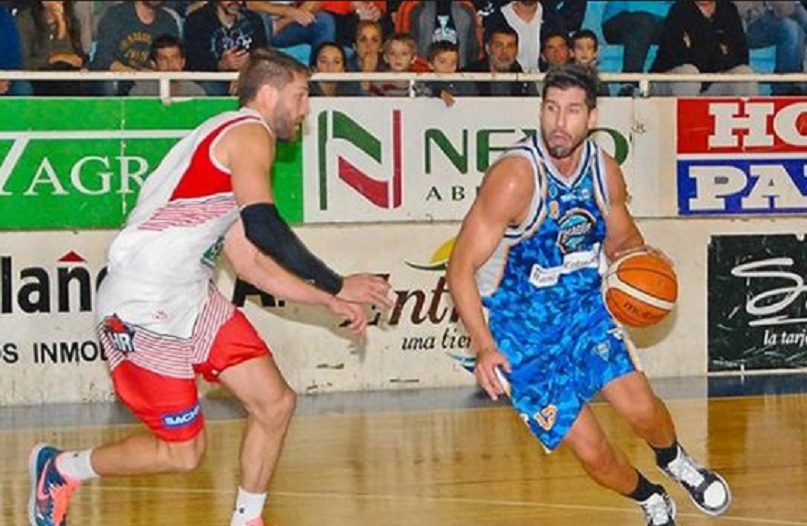Unfortunately, the majority of foreign journos in Venezuela tend to stay in Caracas almost all the time. Admittedly, it is not easy to travel across Venezuela these days: crime, ever worsening traffic jams, road controls by extremely corrupt Guardias Nacionales and costly but crappy hotels are some of the reasons why travelling across the Land of Grace is so gruesome now. That and a superficial comprehension of demography even within Caracas lead many foreign journos to think the rejection of Maduro's policies is above all an upper-middle class or even middle-class phenomenon.
Yes, most blockades in Caracas and Valencia were located in the "best" areas of both cities and the national government has been very keen to highlight this. Yes, street blockades are counter-productive for the opposition. You cannot draw much more of a conclusion from this...specially about the level of discontent in the country.
First of all: about 85% of Venezuelans are poor. A large amount of the "middle class" that makes up about 14% of the population does not even earn enough to be able to rent an 80 m2 flat.
Here you have a map of Carabobo, my region. The areas where the extreme oppo kept tight blockades were El Trigal and San Diego. The first area is middle class (former upper-middle class) and the second lower middle class to middle class with some slums. Blockades were feasible in both areas because access to them is restricted by steep hills or mountains. Let's look closer at different regions where the opposition has protested.
 |
| Blue and red spots represent approximately one thousand votes in the 4.2013 elections |
El Trigal: The opposition got around 85% of votes in El Trigal in April 2013 (some but not all of the centres
here are located there)
Several students were beaten here by cops but basically state-related paras have had trouble getting in. A Guardia Civil were shot dead by oppo snipers. Several detentions were made.
San Diego: The opposition got
72% of votes in San Diego. Its mayor, Scarano, is currently in jail. The former Chávez candidate for Nueva Esparta and current head of the Supreme Court, sentenced him in a speedy trial to 10 and a half months for disobeying orders to disperse blockades. Scarano claimed his local police did not have the authority for that and that was the role of the national police.
The Chavista paras couldn't get into this area until the mayor was detained and the local police put under the national government's control.
Naguanagua: The opposition got
63.19% of votes in the same elections. This municipality is easily linked to the road towards Puerto Cabello. Here you have poor to middle class.
Here
Geraldine Moreno was shot at close range - on the face - by a Guardia Nacional. A lot of students have been beaten in this area.
Centre: this area is directly connected to Southern Valencia and to the slums of Carabobo's Libertador, some of the most dangerous areas in Venezuela. Around 61.22% of the population there voted for the opposition in April of 2013. This is lower middle class or poor.
Geraldine Carmona was killed here. The government said the opposition was responsible "because the shot came from behind her"...never mind people were running away from the paramilitary thugs who were in the Western part of
Cedeño Avenue. Several others were wounded.
La Isabelica: Here around
51.54% of the population voted for Capriles in April. A larger amount voted in December for opposition mayor Cocchiola. The people are clearly very poor here.
At least three civilians have been killed by pro-Chávez paramilitary bikers here. Dozens have been shot but have survived. A lot have been beaten. Check
this out.
Libertador: In sub-rural Libertador Capriles got only 39.61% of votes. It is one of the poorest areas in the whole region but it has less people than Southern Valencia or the Isabelica and surrounding areas.
Some of the first protests took place here. National Guards acted very swiftly. Several students were tortured and at least one was
raped with a gun.
Two other persons - one definitely Chavista- were killed when they crashed against blockades they couldn't see.
As many people who live in very poor areas have told me: they are scared to death to go out and protest. It's easier to go to march in an area with "just" 10 murders per 100,000 inhabitants than to do the same thing in another with 70 to 100 murders for the same amount of inhabitants.
And by the way: there have been tiny, timid and short-lived protests in rural areas all around Valencia but there are not even national journalists to report about them. People are not happy about the ones in power.














